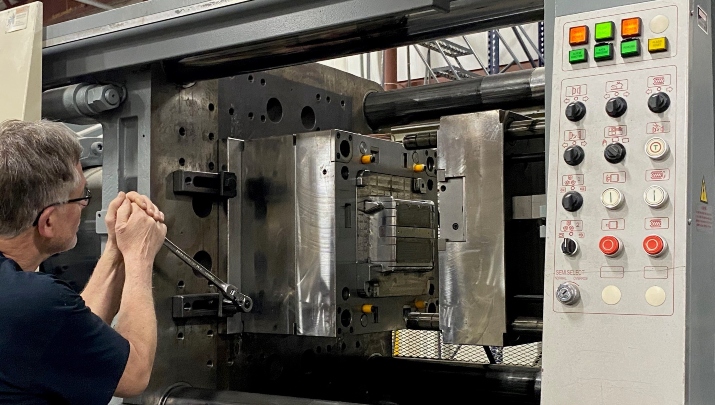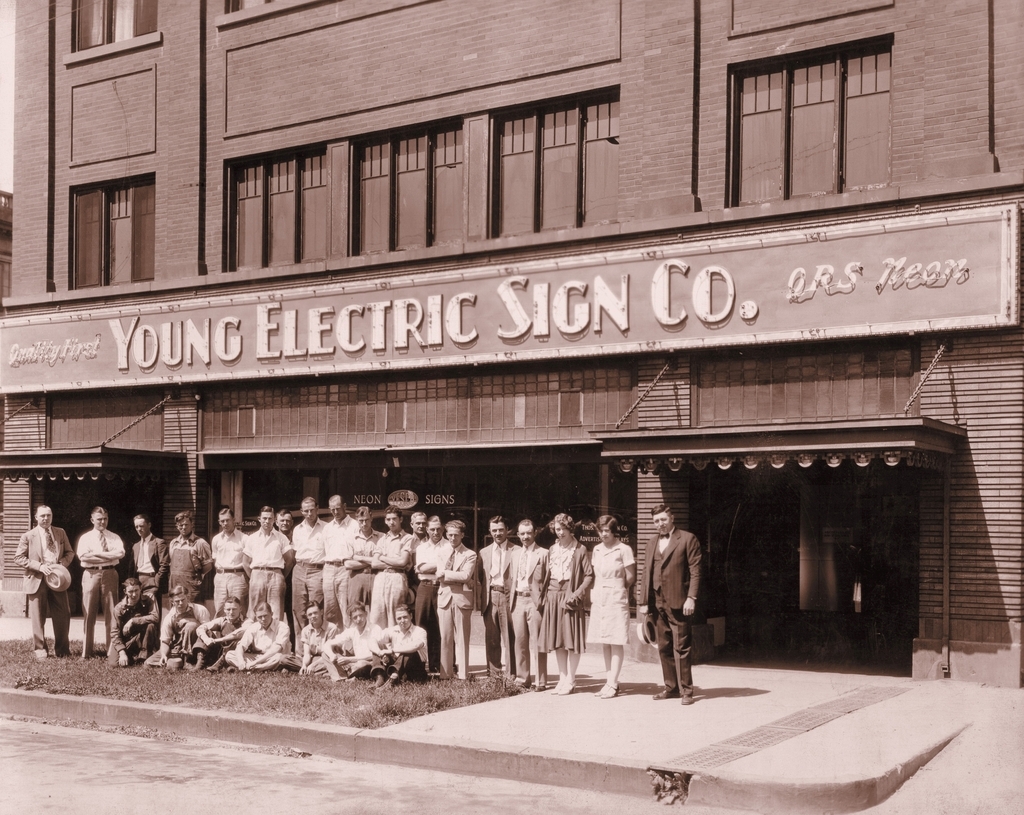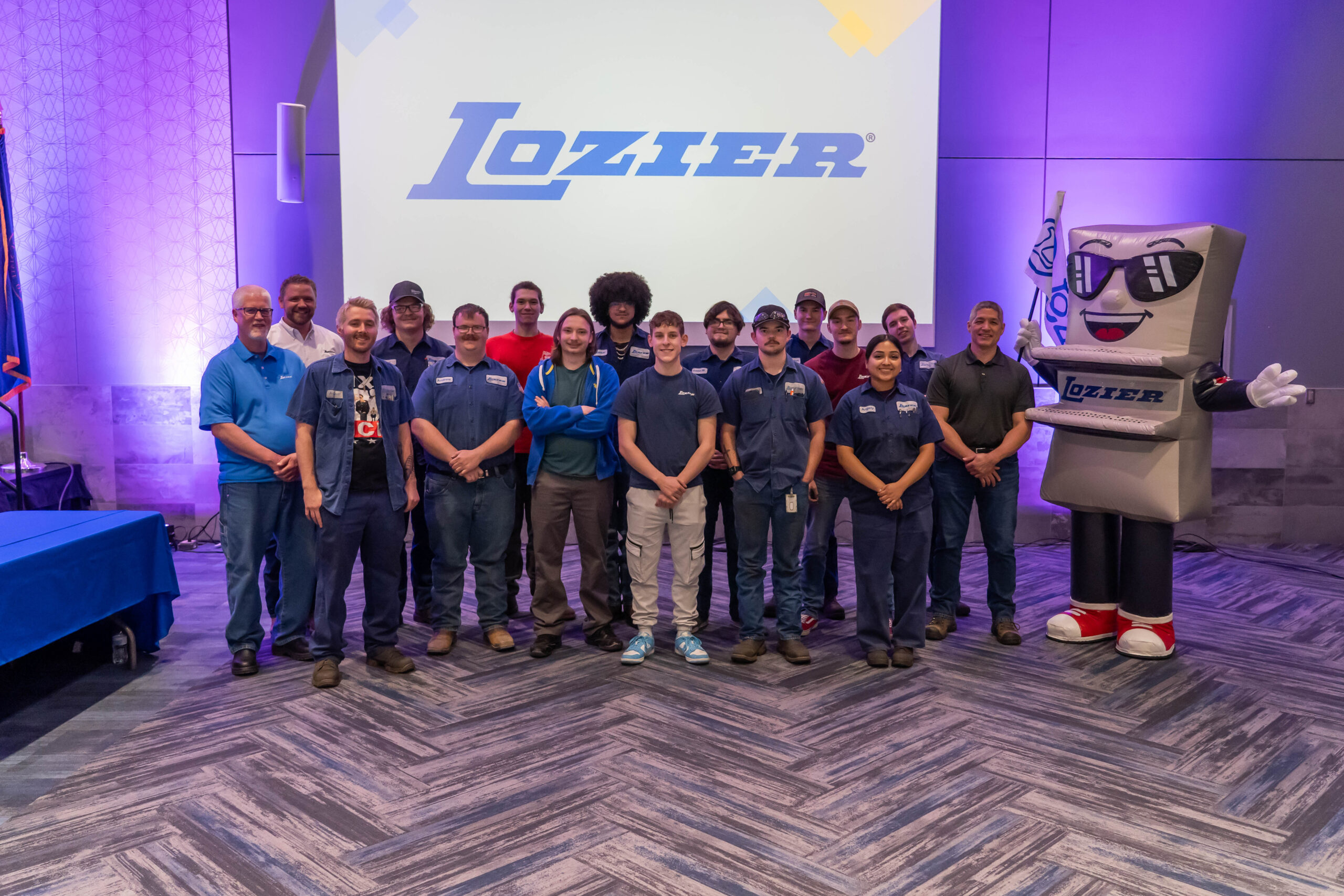
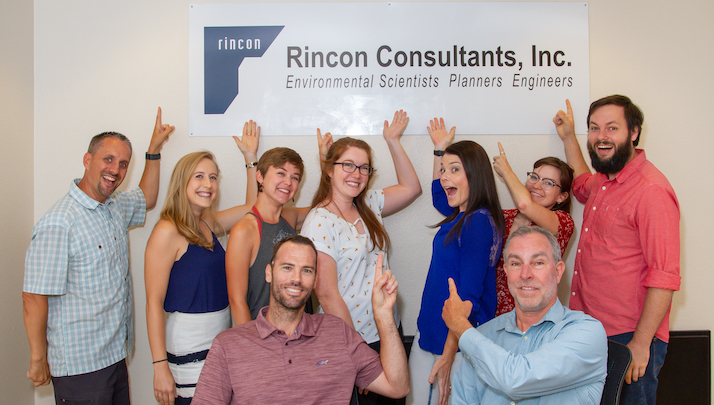
Fostering Mentorship Provides The Greatest Dividends
- John Dreher
- Rincon Consultants, Inc.
When I was hired at Rincon Consultants as an entry-level scientist, I joined the firm hungry to learn and to make the most of my opportunity. When I landed and executed a big project early on, I caught the attention of one of the co-founders, then President and CEO of the firm, Mike Gialketsis. From that point, Mike became a mentor, and we developed a relationship that shaped my career trajectory and is reflected in my leadership of the company today.
In the beginning, if I’m being honest, I was overly confident. Mike saw my promise, but he also understood the need to challenge me. He made me question my decisions and my knowledge through a number of really uncomfortable conversations. During those early years of Mike’s mentorship, it was his commitment to my growth as a leader that led eventually to my role as CEO of the company.
Learning from someone who pressed me to question my assumptions and to approach things differently forced me into critical yet flexible thinking. Mike also gave me a lot of room to run, allowed me to make mistakes, and then helped me process and understand the lesson from each experience. Most of the time, he had a good laugh, too, which in the moment was infuriating but offered me welcome perspective over time: it’s not the end of the world to fail; it’s an opportunity to learn.
At the time I began my career at Rincon, the company employed roughly 50 people, and Mike took an active role in mentoring several of us. Today, every single person Mike mentored serves in a leadership role in the company. We have developed a deeply rewarding culture that values the lessons learned and not just the victories. Our firm now employs about 350 people in 13 offices, and mentorship remains a priority.
Our efforts have not been an unmitigated success. We had years of high turnover, when a sink-or-swim mentality led to attrition, and we didn’t yet have the programs and processes in place to help nurture retention. We’re still navigating the challenge of maintaining the culture of our founders as we implement operational structure to support our growth. In the last four or five years, as we have found our footing, we have been able to develop clearer guidance around career development and mentorship that supports our foundational spirit of informal connections, camaraderie, and generous guidance while providing a company-wide program for the benefit of all employees.
Today, career development and mentorship starts on a new employee’s first day. In my role as CEO, I onboard every new employee, from entry-level on up. My goal in those early interactions—part of a week-long process led by our Chief People Officer and other principals—is to describe the “Rincon Way,” to educate new hires in our culture and values, and to establish a common language and connection from the beginning. I want people to launch their path at Rincon with a firm foundation, understanding that we will support their career path—and that a key driver in their success will be developing meaningful relationships within the company.
Another key aim of those sessions is to break traditional perceptions of strict leadership hierarchy by setting the precedent of open access to our leadership team and myself for ongoing mentorship. I explicitly tell new employees that my calendar is open, and they are welcome to book an appointment any time. And yes, that means I spend a lot of time talking with folks. But I believe that time spent nurturing relationships and fostering mentorship provides the greatest dividends. If we want to grow leaders from within and give people confidence that they have a long-term future and a path to advancement at Rincon, our leaders need to show up.
In addition to my role in onboarding, I mentor about eight team members on a reoccurring basis. The goal of these mentorships is two-fold: to provide guidance in specific aspects of a person’s role that might need attention to allow him or her to progress to the next level of leadership and to coach high-potential team members, the rising stars who will lead our next generation. In both cases, my intention is to develop trusted relationships over time that will allow for productive coaching and leadership development. I realized long ago that to be able to send a message and have it understood, or better, not misunderstood, you need to surround yourself by people who trust that you are genuine, and you cannot fake genuine.
Alongside my individual role as a mentor, we have developed a company-wide program to support informal and formal mentorship relationships. Often, given the culture of connection at the company, these relationships still unfold organically. When that happens, we encourage mentors and mentees to notify HR of these relationships and to provide regular updates so we can support the connections. If an employee is seeking a mentor and has not connected with someone informally, the HR department and the employee’s supervisor will work together to align the employee’s goals with the appropriate mentor. All employees are eligible to request mentorship, but participation is voluntary.
To further encourage wide participation, our Professional Development Committee has also created an intranet channel devoted to mentorship, through which we provide regular resources and program updates, as well as data around benefits of mentorship. We’re a group of scientists, after all, and I’ve found that our team likes to analyze everything from a data standpoint to understand if it has value. When we can provide study results and research around mentoring, we get better buy-in across the board.
In addition to encouraging broad mentorship—formally and informally—and supporting those who engage, we take intentional steps to identify and support rising stars in their career path planning. When we see significant leadership promise in an employee, we create additional points of exposure to business management and leadership experience. One of the key experiences is an invitation to an employee to serve on a committee within the company. This engagement provides welcome insights into the business, and, more important, these committees serve as fertile ground for developing mentee/mentor relationships between rising stars and key executives across the organization.
As a growing company, the process of developing a formalized mentorship program is ongoing. But I think that the culture of mentorship that shaped my career trajectory and that of so many other key leaders here will continue to serve us well. Ultimately, my goal in all the efforts around mentoring at Rincon is to develop more leaders grounded in trusted relationships to drive the company forward.
I feel the responsibility of carrying the water, of continuing to nurture the culture of mentorship that guided my path and which I think is the key to propelling our continued growth. As we continue to grow and evolve, I know that our success in that effort and all we do will not be dependent on any one individual but on the shared, long-term vision of our current and future team.
John Dreher is President and CEO of Rincon Consultants, Inc.
More Articles and Videos
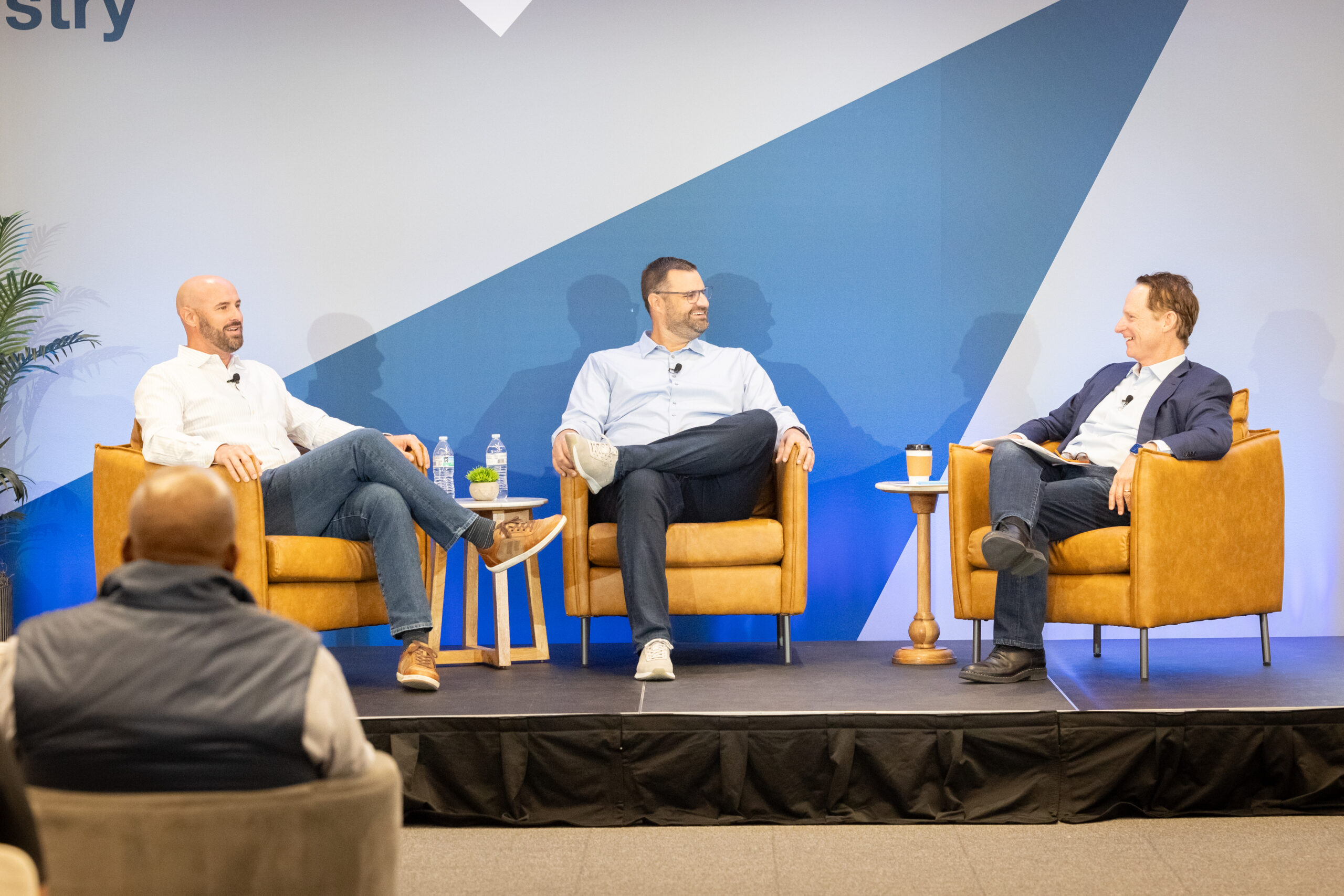
Fireside Chat with Dave Thrasher, Dan Thrasher, and Dave Whorton
- Dave Thrasher, Dan Thrasher, & Dave Whorton
- Supportworks and Thrasher Group

Get Evergreen insight and wisdom delivered to your inbox every week
By signing up, you understand and agree that we will store, process and manage your personal information according to our Privacy Policy
